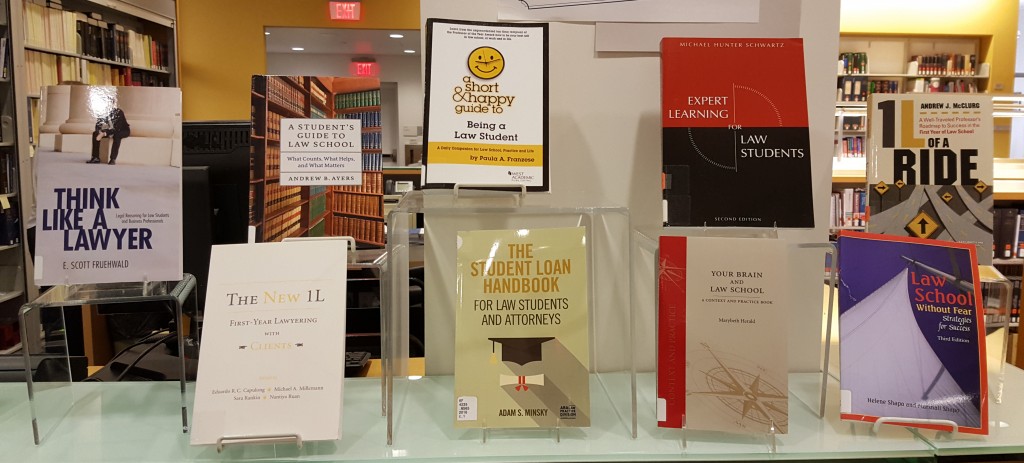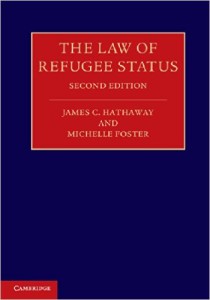Recognized during late summer, a piece of history relates Carlisle to Indigenous Peoples Day. Beginning in the late 19th century and continuing for nearly 40 decades, there was an effort to assimilate Native American children from several tribes into the white man’s culture. Some 10,000 children were relocated many miles from their homes to a boarding school in Carlisle. The Carlisle Indian Industrial School, was which was run by Capt. Richard Henry Pratt, is where they were forced to relinquish tribal traditions and forced to acculturate by accepting European names and education.
Some 200 children also perished from disease at the school and are buried near the front gate of the U.S. Army War College.
In May 2016, The Philadelphia Inquirer and The Patriot reported the efforts of the Lakota nation members with the U.S. Army to have identified remains of children returned to their homeland for their final resting place. Members of the Rosebud Sioux tribe and two other tribes have made formal requests of the Army as well.
There are books available in the library on the topic of the Indian School as well as other interesting subjects related to Native Americans and the connection with Carlisle. Dickinson College also has an extensive digital collection for students and scholars that is available through their website.
Sally Jenkins gives this story of unlikely champions a breathtaking immediacy. In this book, we see the legendary Jim Thorpe kicking a winning field goal, watch an injured Dwight D. Eisenhower limping off the field, and follow the glorious rise of Coach Glenn “Pop” Warner as well as his unexpected fall from grace. The real all Americans : the team that changed a game, a people, a nation is about the end of a culture and the birth of a game that has thrilled Americans for generations. It is an inspiring reminder of the extraordinary things that can be achieved when we set aside our differences and embrace a common purpose.
In Doctors, Lawyers, Indian Chiefs, Tom Benjey expanded the scope of his previous work, Keep A-Goin’: The Life of Lone Star Dietz, to explore the lives of not just one of the Carlisle Indian School football immortals but the core group of men — more than 50 all told — who helped create the sport, both amateur and professional, we enjoy today. The issue for the Carlisle students of the competing visions of mainstreaming versus cultural retention for Native Americans in this country is one that Dr. Benjey explores in detail, the validities of which are still debated a century later.
The book, Carlisle Indian Industrial School : indigenous histories, memories & reclamation, details the educational experiment that Capt. Richard Henry Pratt, the school’s founder and first superintendent, persuaded the federal government that training Native children to accept the white man’s ways and values would be more efficient than fighting deadly battles. The result was that the last Indian war would be waged against Native children in the classroom. More than 10,500 children from virtually every Native nation in the United States were taken from their homes and transported to Pennsylvania. Carlisle provided a blueprint for the federal Indian school system that was established across the United States and served as a model for many residential schools in Canada. The Carlisle experiment initiated patterns of dislocation and rupture far deeper and more profound and enduring than its initiators ever grasped.
![content[1]](https://sites.psu.edu/keepingitbrief/files/2016/08/content1-wv324x.png) This book, Indian Industrial School, Carlisle, Pa is a reproduction of a book published before 1923. A pictorial account of the school during the time when the school was very active with native American students. This book may have occasional imperfections such as missing or blurred pages, poor pictures, errant marks, etc. that were either part of the original artifact, or were introduced by the scanning process. We believe this work is culturally important, and despite the imperfections, have elected to bring it back into print as part of our continuing commitment to the preservation of printed works worldwide.
This book, Indian Industrial School, Carlisle, Pa is a reproduction of a book published before 1923. A pictorial account of the school during the time when the school was very active with native American students. This book may have occasional imperfections such as missing or blurred pages, poor pictures, errant marks, etc. that were either part of the original artifact, or were introduced by the scanning process. We believe this work is culturally important, and despite the imperfections, have elected to bring it back into print as part of our continuing commitment to the preservation of printed works worldwide.
Geronimo and the Apache Resistance explores the years the Apache tribes had resisted the advance of the pioneers and other risk to their traditional ways of life. The legendary Apache leader, Geronimo became the most famous, feared and misunderstood Native American warriors in our history. This film explores the clash of two cultures with very distinctive views of the world and of each other.
The Law Library has other DVDs that may be borrowed and the titles are: In the Light of Reverence: Protecting America’s Sacred Lands, Last Stand at Little Big Horn and the series, 500 Nations.












 Dickinson Law’s
Dickinson Law’s  Understanding the ADA
Understanding the ADA FDLP News Release: The U.S. Government Publishing Office (GPO) launches
FDLP News Release: The U.S. Government Publishing Office (GPO) launches 

 Declaring Independence : The Origin and Influence of America’s Founding Document
Declaring Independence : The Origin and Influence of America’s Founding Document Alexander Hamilton
Alexander Hamilton Jefferson’s Pen : The Art of Persuasion
Jefferson’s Pen : The Art of Persuasion Madison’s Music : On Reading the First Amendment
Madison’s Music : On Reading the First Amendment 1776
1776 Independence Day
Independence Day Human rights protection for refugees, asylum-seekers, and internally displaced persons : a guide to international mechanisms and procedures
Human rights protection for refugees, asylum-seekers, and internally displaced persons : a guide to international mechanisms and procedures The right not to be displaced in international law
The right not to be displaced in international law Making people illegal : what globalization means for migration and law
Making people illegal : what globalization means for migration and law The law of refugee status
The law of refugee status Our doors are open, virtually!
Our doors are open, virtually!